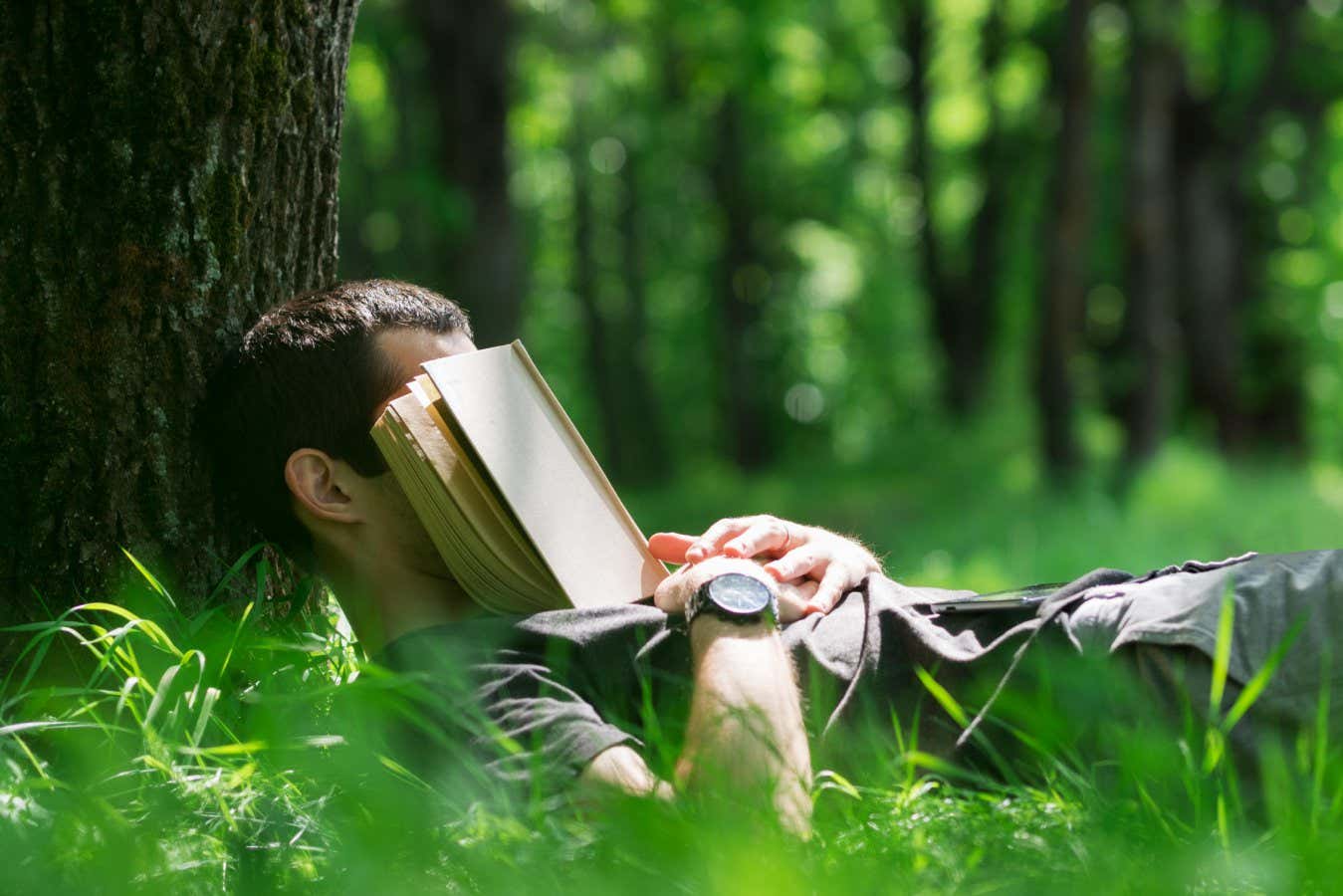After a nap, people who entered the second stage of sleep were more likely to spot a solution to a problem than those who slept lightly or not at all
By Christa Lesté-Lasserre
26 June 2025
Taking a nap might help with solving problems
Pavel Marys / Alamy
Waking up from a deep nap appears to make people better at creative problem-solving.
In a new study, people were more likely to have a “eureka” moment if they had recently entered the second stage of sleep than if they slept lightly or not at all.
Read more
The surprising relationship between your microbiome and sleeping well
The findings suggest that a brief, deep nap can trigger valuable moments of insight, says Anika Löwe at the Max Planck Institute for Human Development in Berlin.
“I think we’re at the very beginning of uncovering what’s actually happening during sleep that makes it so beneficial,” she says. “One possibility is that during deep sleep, our brains sift through what’s relevant and what’s irrelevant, and so when we wake up we have these insight moments that get to the gist of the problem.”
Previous studies have mostly found that naps can boost creativity and help people solve problems, but there is disagreement over which stage of sleep is most beneficial. Several suggest that the lightest stage of non-REM sleep, N1, is ideal – an idea embraced by Thomas Edison, who reportedly used to nap holding steel balls that would crash loudly to the floor and wake him up if he drifted too deeply into sleep. But other studies suggest that the deeper N2 stage – still lighter than slow-wave sleep, N3 – triggers more innovation.
